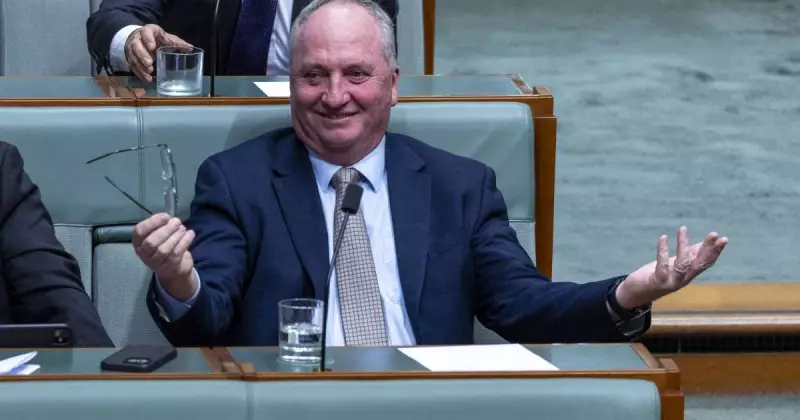
In a dramatic move that has sent shockwaves through Australian politics, veteran New England MP Barnaby Joyce has officially resigned from the National Party, ending a three-decade association with the party he once led as deputy prime minister.
A Political Departure Decades in the Making
The resignation was formally announced by Mr Joyce himself during a sitting of the House of Representatives on Thursday, November 27, 2025. The decision concludes weeks of speculation about his future within the Coalition.
"After 30 years with the National Party, I am resigning from the party," Mr Joyce told the parliamentary chamber, describing the move as one that "leaves me with a heavy heart." He offered an apology for any hurt his decision might cause former colleagues.
Underlying Tensions and Policy Rifts
The resignation did not occur in a vacuum. Sources close to the long-serving MP point to growing dissatisfaction with the Coalition's direction, particularly on climate policy. This friction was compounded by his experience during the 2025 election campaign, where he was reportedly restricted to campaigning within his own electorate of New England.
Mr Joyce, one of the Federal Parliament's most enduring figures, was first elected to the Senate in 2004. He made the switch to the House of Representatives in 2013, solidifying his presence in the lower house.
What's Next for the Renegade MP?
For the immediate future, Barnaby Joyce will sit in parliament as an independent. However, political commentators have widely anticipated a potential defection to One Nation, where he is seen as a natural successor to the party's founder, Pauline Hanson. The two politicians share a long-standing friendship.
When questioned by reporters, Mr Joyce confirmed that this would be his last term representing New England and that he is currently "weighing up all opportunities." This has ignited speculation that he may be positioning himself for a NSW Senate seat under the One Nation banner in the next federal election.
The departure of such a prominent and controversial figure from the National Party marks a significant moment in the current political landscape, with potential ramifications for the stability of the Coalition opposition and the balance of power in the senate.





